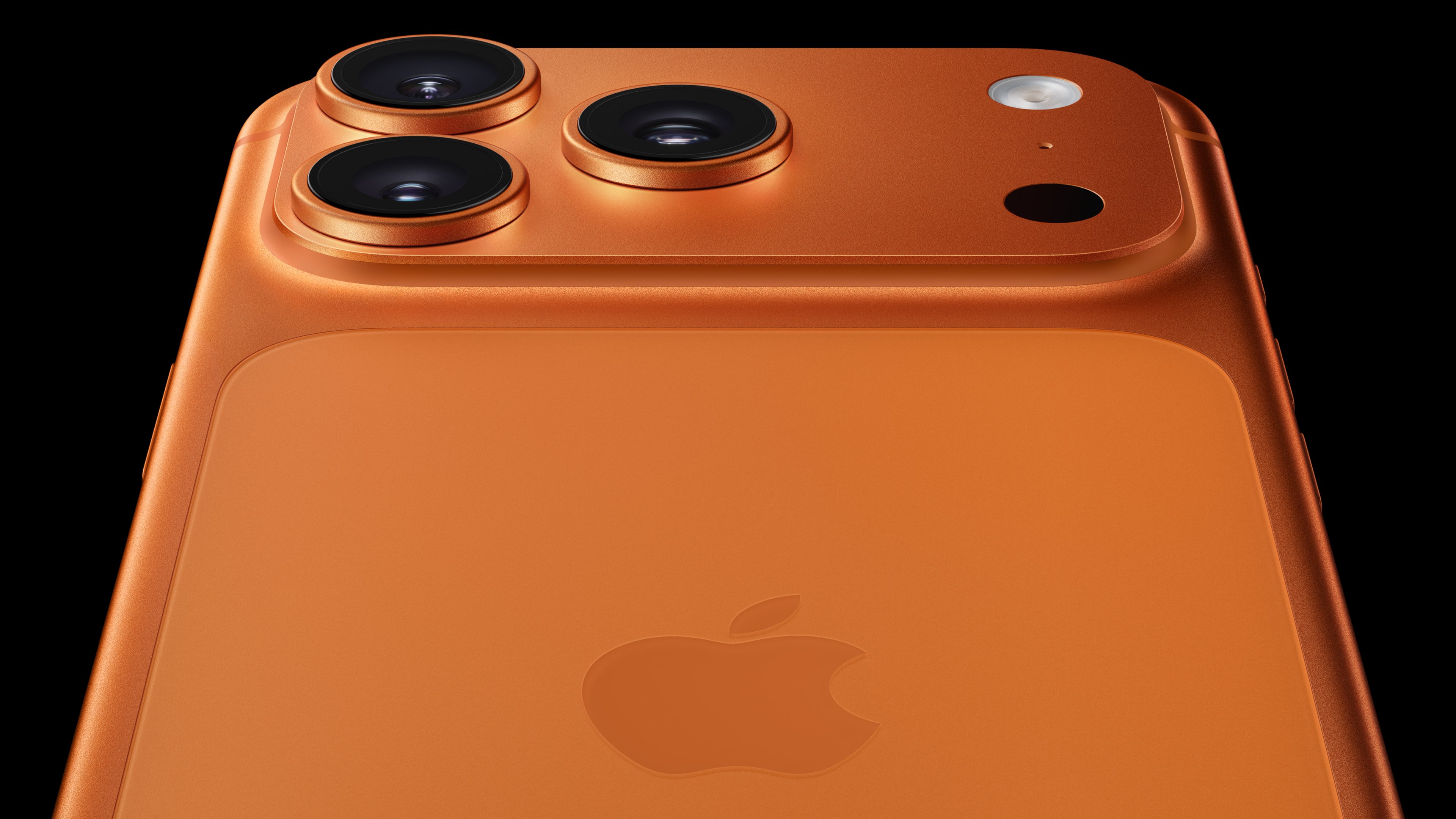If you spend much time in the financial blogosphere, you come across a common theme when things start to get shaken up: Is company X the new company Y? Right now, with Apple (AAPL +0.04%) languishing just above its 52-week low, Google (GOOG 1.03%) sitting at its 52-week high, and Microsoft (MSFT 1.04%) presumably happy to be a part of the conversation again, there is a nice series of these comparisons to be made.
Is Apple the new Microsoft? Is Google the new Apple? And almost by default: Is Microsoft the new Google? As odd and improbable as this may all seem, particularly if we look back at where each of these companies was sitting last fall, these are legitimate questions that should be asked.
Is Apple the new Microsoft?
History is littered with tales of great empires falling due to stagnation, complacency, and bad timing. Since the stock's high above $700 per share last September, Apple shares have tumbled 40%. One of the areas in which the company has been criticized is in the lack of new innovation being seen out of Cupertino. The company has drawn attention over its rumored entry into wearable tech with the iWatch, but there is no indication of when this product might be released.
In a recent research note, UBS analyst Steve Milunovich identified the problem, but warns that investors will likely need to be patient. He also commented on the company's margins:
And a 30 percent operating margin long-term historically has proven very difficult to protect. We are no longer looking for the gross margin to move back over 40 percent this year. So while we don't see it coming down a lot, I think longer-term it is a risk.
The new Apple products slated for July are only incremental improvements over existing models. Each of these were the types of problems that caused Microsoft to stagnate for nearly a decade. The company remained profitable, just not the hot name. If Apple is to avoid this fate, it needs to up its game soon.
Is Google the new Apple?
As is the nature of empires, when one falls there is always another standing ready to take its place. While I have long maintained that Google was the true king of tech, based largely on its better-diversified business model, the company seems to have embraced this new role. As Apple shares have fallen, Google is up double-digits this year. The company has been able to successfully grow revenue across market segments, is going to market with Google Glass, and continues to whittle away at Apple's lead in devices.
While it is hard to compare a device company to a search company per se, it is Google's tenacity in expanding into new markets that's allowing it to perform as well as it is. The company was able to grow its app revenue by six times for 2012, it controls an estimated 75% of the search market in the U.S., and some analysts believe there is value in YouTube that's to yet be unlocked. When these factors are added to the increasing strength of Google Docs and new Google hardware, it quickly becomes apparent why some have set new price targets at $1,000.
Is Microsoft the new Google?
This last question may seem like the cheap attempt to close the circle, but it is more apt than it might appear at first blush. Within the last several years, Google was a new entrant to the smartphone and tablet markets, trying to make a name for itself. Microsoft, which was once the king of tech in its own right, is trying to return to prominence. With new devices like the Surface Pro and RT tablets, as well as its aggressive marketing for Windows 8, Microsoft has made a full-frontal attack on the market in its quest to return to relevance.
While you may have a hard time remembering it, not long ago, the consensus was that Google Android had no chance of competing with iOS. It now controls more than two-thirds of the market. Similar comments have been made about Windows mobile and the viability of the Surface concept (a hybrid of a laptop and tablet). IWe may all wake up one day and realize that Microsoft has reclaimed the top spot.
Shifting concerns
Despite these shifting roles within the industry, there are compelling reasons to own each of the three. Apple continues to be a behemoth despite its troubles, and represents a great value here. Google is firing on all cylinders and its expanding businesses suggest that it may avoid replicating Apple's cataclysmic fall. Microsoft is gathering momentum and making things interesting. Overall, these technology options should all have a place in your portfolio.






